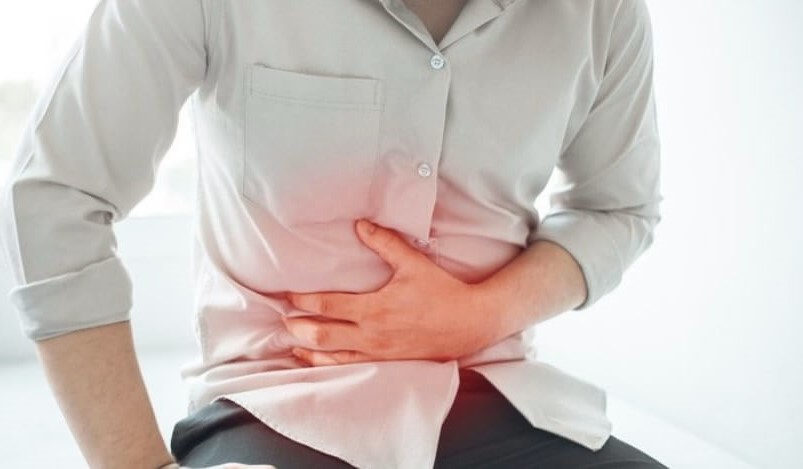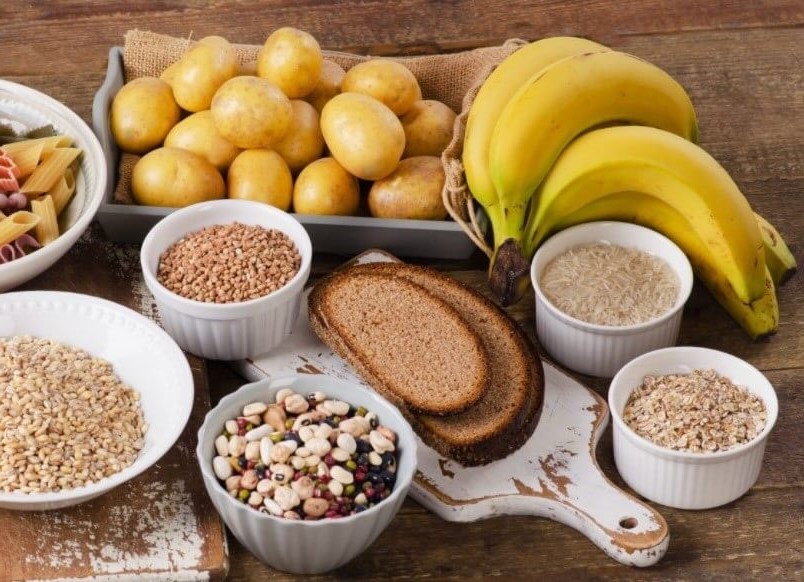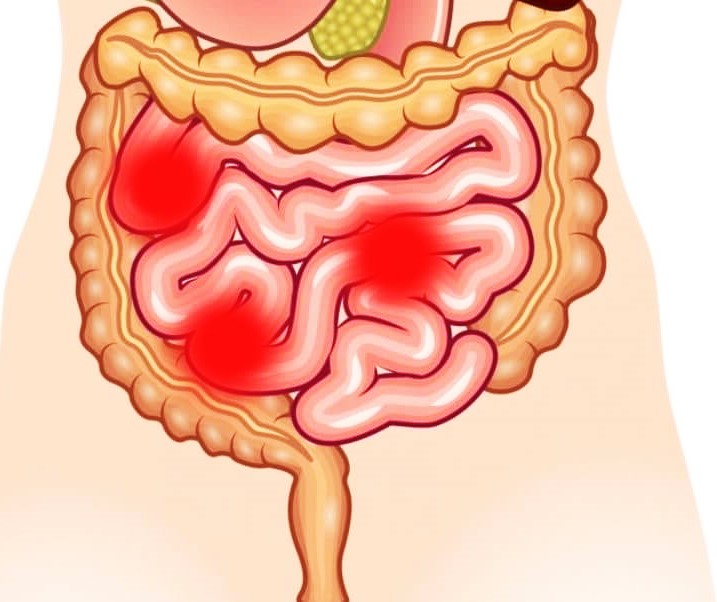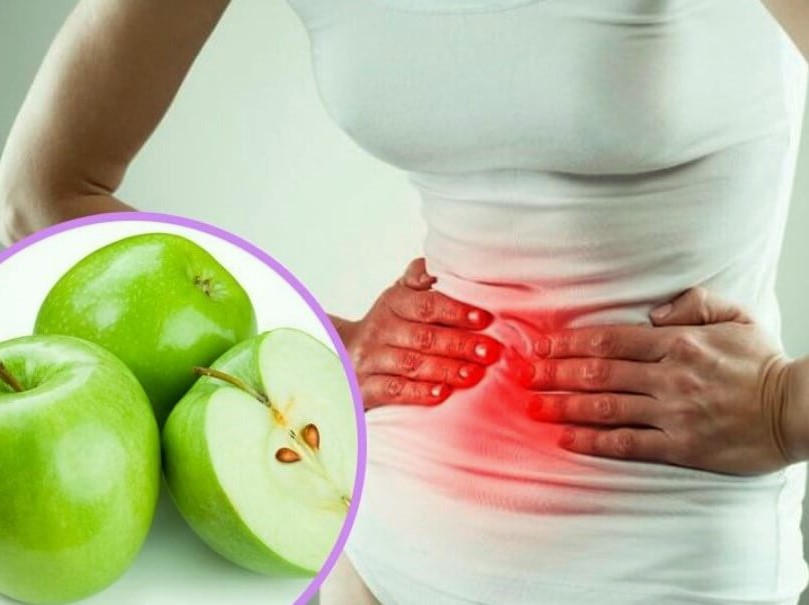Diet to combat dyspepsia” Dyspepsia is one of the most common gastrointestinal problems. For this reason, we are going to tell you what foods to include or eliminate from the diet to alleviate it.
There are multiple parameters for a diet that can combat dyspepsia, which is a symptom that occurs with discomfort in the upper abdomen, in the stomach area . It is usually caused by a Helicobacter pylori infection or by a recurrent gastroesophageal reflux.
Today we are going to discuss food options to alleviate these discomforts, so that you avoid the alteration that can condition the lifestyle. Follow the advice and, if the problem persists anyway, consider consulting a specialist to make an accurate diagnosis of the causes.
Important elements in a diet for dyspepsia

We will offer you the list of recommended and prohibited foods in the event that you suffer from dyspepsia. In this way, you can adjust the diet to reduce symptoms.
Allowed foods
Among the foods recommended in the diet for people with dyspepsia are fish and low-fat meats . These products provide the proteins necessary for tissue repair. In turn, they contain few lipids, responsible for delays in gastric emptying that can cause discomfort.
The preference will always be fish and white meat, as they have better digestion. According to a publication in the Journal of Gastroenterology and Hepatology , the priority is to limit fat intake, thereby reducing the risk of developing reflux that can worsen dyspepsia.
Lean cuts of meat and fish will ensure that daily protein needs are met. At the same time, you will be supplementing your diet with beneficial nutrients and substances that will support the body’s natural metabolic processes. The cardiovascular health requires, for long – term prevention of this type of diet.
In addition, it is advisable to introduce fermented foods that contain probiotics. Examples of them are yogurts and kefir. Regular administration of probiotic bacteria has been shown to reduce dyspepsia and other types of gastrointestinal problems.
To find out more: Does diet influence the immune system?
Foods advised against
It is advisable to reduce the consumption of refined flours and sugars. These ingredients are capable of increasing gastrointestinal problems.
In addition, people who suffer from dyspepsia tend to also have a malabsorption of fructose, according to experts. This negatively conditions the ability to digest and metabolize sugars.
On the other hand, it is necessary to modulate fiber consumption . Although a certain amount is necessary to guarantee correct intestinal transit, an excess of it could delay gastric emptying, worsening the dyspepsia process.
For this reason, it is prudent to restrict the regular intake of pasta and cereals . When choosing products rich in carbohydrates, the best option is tubers.
It should also be noted that it is important to reduce the intake of fat . Therefore, it is necessary to avoid fried foods and batters as a cooking method, as these types of preparations increase the risk of reflux and experiencing heavy digestion. Cooking on the grill, in the oven or steamed should always be prioritized.
By extension, sauces are also not advisable in those people who suffer from this discomfort frequently. In addition to increasing the caloric volume of the diet, they are capable of delaying gastric emptying and causing stomach discomfort.
You may also be interested in: The best diet summer-nutrition: Keys to balance our diet after…
Forbidden food for Diet to combat dyspepsia

There are a series of foods that should disappear in the diet of those who suffer from dyspepsia. These are, among others, alcohol and irritants such as chocolate.
In fact, regular alcohol consumption is considered one of the key risk factors for developing functional dyspepsia, according to research published in the Revista de Gastroenterología de Mexico . In addition, these types of drinks are usually accompanied with sugary soft drinks or with a high content of artificial sweeteners. Both ingredients are not recommended.
On the other hand, it is usually beneficial to limit the consumption of spicy foods , since they have a certain irritating capacity. There is sufficient scientific evidence to restrict them in those who suffer from stomach problems.
Diet to combat dyspepsia:Dyspepsia can be improved through diet

As we have seen, adapting the diet can be crucial when it comes to alleviating dyspepsia. It is necessary to diagnose its cause to offer an accurate treatment , but making a series of changes in diet is also crucial.
If you tend to suffer from stomach problems, remember to limit your intake of fat and fiber, while increasing the consumption of fermented products. Discuss with a doctor the inclusion of a probiotic supplement that can improve the prognosis of the disease.
Finally, keep in mind that both alcohol and spicy and irritating foods are not recommended. The ideal is to restrict them from the diet to avoid major complications. Anyway, if you have more questions, consult a specialist so that he can make a menu for you.

